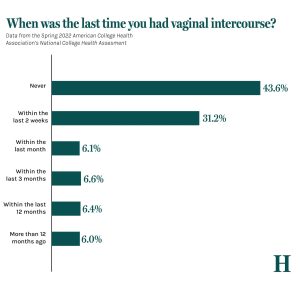No headline provided

April 11, 2011
When you pour as much of yourself into a venture assmall-business owners do into their companies, it can be difficultto make – and enforce – boundaries between what’s business andwhat’s personal. Living and breathing your small business is, to anextent, necessary. Without devotion and a willingness to dowhatever is necessary, your business wouldn’t be as successful asit could be.
But not properly defining and separating your business financesfrom your personal finances could have consequences that stretchwell beyond your business.
The line between what’s business and what’s personal is blurryfor a lot of small-business owners, but there are many reasons tomake sure that there is a clear delineation. When items clearlymeant for business purposes show up on family credit cardstatements, it can create uncomfortable situations. And whenpersonal expenses show up on business cards, your accountant may not be very happy.
Beyond that, the IRS is much happier to see you keeping thingsstrictly business. It’s also far easier for you, come tax time.When you don’t have to search across all of your personal accountsto find business expenditures and income, you’ll save yourself timeand frustration if they are all in one place. Clean records thatare filled with just the information you need will make filingfaster and simpler, and can be an asset if you’re ever subject toan audit.
As businesses grow, the need to keep finances separatedincreases. And if you’re changing the way your business isorganized, it often becomes essential, as in the case ofincorporation. The good news is that even if you’ve been mixingbusiness and pleasure up until now, it’s relatively easy to makethe change.
Of course, having separate bank accounts and checks for yourbusiness is the first step. Keep in mind that business checking canincur expenses that aren’t associated with personal accounts. Youmay need more expensive, ledger-style checkbooks, and banks oftenhave monthly fees (or sometimes per check) associated with businessaccounts, as well as minimum initial deposit and balancerequirements.
You should also consider the advantages – or necessity – ofhaving business charge cards or credit cards. It’s also important tonote that there is a difference between the cards, despite the factthat many people use the terms interchangeably. Charge cardbalances generally need to be paid in full each month, whereas youcan carry a balance from month to month on a credit card.
Charge cards often have more rewards associated with them andthe ability to earn points more quickly. And while not all creditcards have annual fees, most charge cards do.Within each categoryof cards, there are plenty of options, so you’re sure to find anoption that’s right for your business.
Products like the Business Platinum or Business Gold Rewardscards from American Express OPEN offer different levels and kindsof rewards but offer the flexibility of purchasing power that canevolve with your business. And with the opportunity to accruereward points at an accelerated rate, the benefits stretch beyondinterest-free payments (when made on time).
Keeping business expenses confined to dedicated accounts andcards will make your finances easier to track, and any smallbusiness owner knows that cutting down on complications is always agood thing. The added benefit is that you’re also protecting yourpersonal finances and keeping everyone – from your family to theIRS – happy.























Leave a Comment